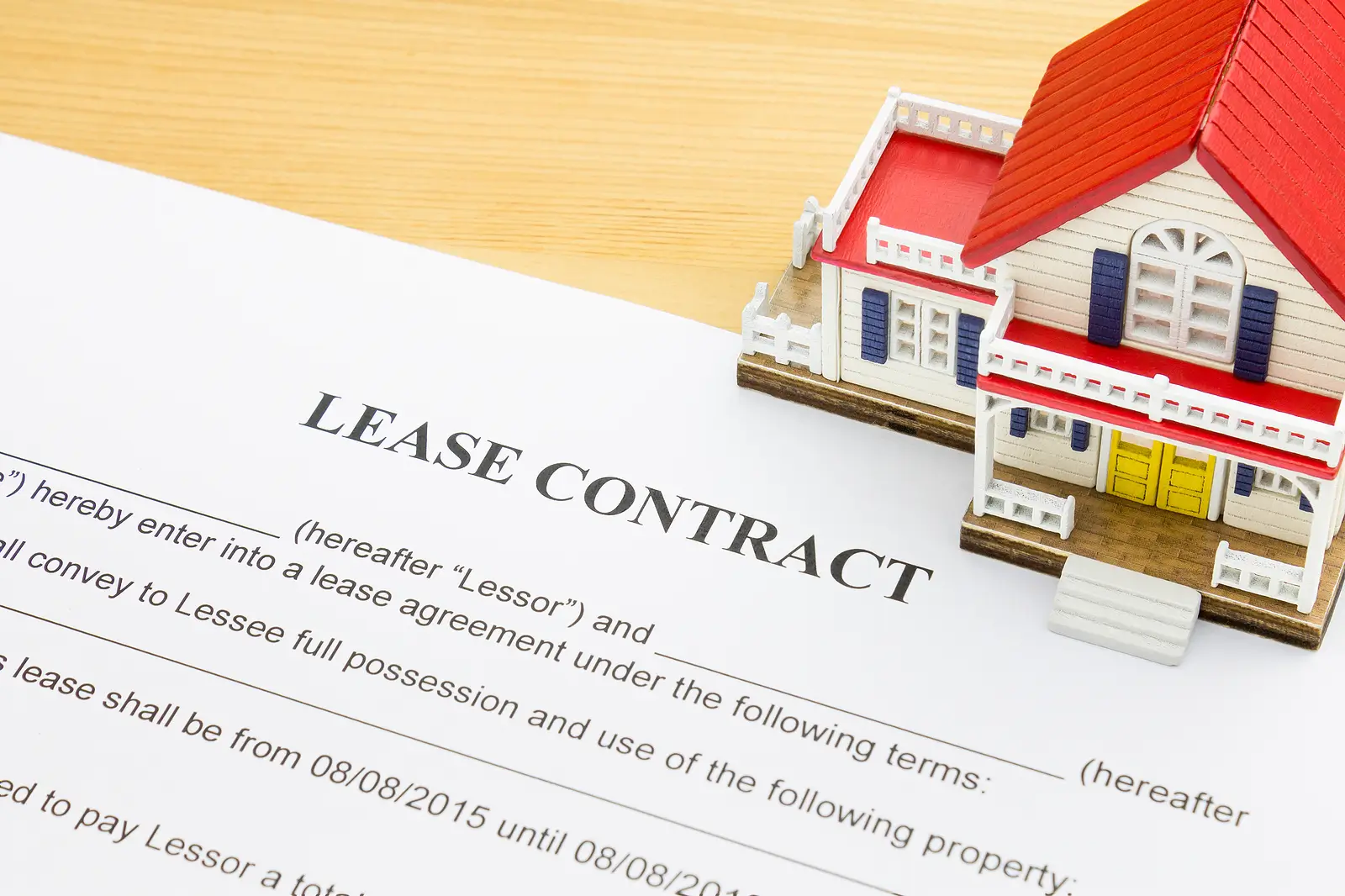As a landlord, having a solid lease or rental agreement is one of the most important tools to protect your rental property and prevent disputes. Yet many rental agreements, even the most commonly used lease agreement templates, lack essential clauses that clarify tenant responsibilities and prevent potential legal issues.
Whether you’re renting out a single residential property or multiple rental units, it’s crucial to ensure your lease or rental agreement includes all necessary aspects. In this blog, we'll explore the five commonly overlooked clauses that you should include.
1. Maintenance Responsibilities
Your lease agreement should clearly outline who is responsible for maintenance and repairs. Tenants should know which tasks fall under their responsibility, like changing air filters or reporting damages, while you cover more serious issues. Defining maintenance duties helps avoid unnecessary conflicts and keeps the rental unit in good shape.
2. Right of Entry and Property Inspections
Under California law, landlords must give tenants reasonable notice before entering a rental premises. It is important to highlight this in the lease or rental agreement. Include your right to conduct a property inspection with at least 24 hours’ reasonable notice. This protects your landlord-tenant relationship and helps you maintain the leased property properly.
3. Lease Renewal and Month-to-Month Terms
Many landlords forget to address what happens at the end of the lease term. Does the agreement automatically renew? Does it convert into a month-to-month lease? Failing to include this can leave both parties uncertain. Your rental lease should clearly define the lease termination date and whether the lease will automatically renew or shift to a month-to-month structure.
4. Rules on Subletting and Additional Occupants
It’s crucial to specify whether tenants can sublet the rental unit or add occupants. Include a clause requiring written consent from you before any subletting occurs. This gives you control over who occupies your property and protects your interests if the original tenant defaults or causes a lease violation.
5. Early Termination and Lease Break Fees
Tenants may need to terminate the lease early. Be sure your lease agreement outlines the process and consequences. You may require a fee equivalent to one month’s rent or hold the tenant responsible until a new renter is found. Make it clear how much rent is due and what happens to the security deposit under early termination scenarios. Defining these financial obligations protects you from unexpected vacancies.
Protect Your Investment With a Strong Lease
A comprehensive lease or rental agreement does more than state the monthly rent and property address. It protects you, your property, and your tenants by clarifying expectations from the start. The more clearly you define terms, the easier it is to manage your rental property with confidence.
At Fireside Property Management, we help landlords like you create detailed residential leases that reduce risks and protect your investment. Whether you’re managing a single rental unit or several residential leases, our team ensures your lease agreements are thorough and enforceable.
Contact us today to learn how our property management services can help you draft smarter, stronger lease agreements that protect your interests.
Frequently Asked Questions About Lease Clauses and Rental Agreements
1. What should be included regarding the tenant's security deposit?
Your lease should state how much of the tenant's security deposit is required, how it will be held, and the conditions under which it may be withheld. Under local law, you're typically required to return the deposit, or a reasonable sum of it, within a set timeframe after the lease ends, minus any deductions for damages or unpaid rent.
2. How should we address utility payments in a lease agreement?
It’s essential to clarify who is responsible for utility payments in your rental lease. If the tenant is responsible, list each utility and note that the tenant must transfer services to their name by a certain date. Always inform tenants of this obligation upfront.
3. Should a lease mention anything about a parking space?
Yes. If a parking space is included, describe its location and whether it’s assigned or shared. If it's not included, that should also be clear so the prospective tenant knows what to expect and there’s no confusion.
4. Can I include language about late fees and rent due dates?
Absolutely. Your lease is a legal document, so it's the right place to specify the due date for monthly rent, the grace period (if any), and the amount of late fees charged. This ensures rent paid after the deadline is appropriately addressed.
5. Should I reference previous landlords when screening potential tenants?
Yes. When considering a prospective tenant, it's wise to ask for previous landlords as references. While this isn’t part of the lease itself, gathering this information during the application phase helps you evaluate potential tenants and avoid future issues.



